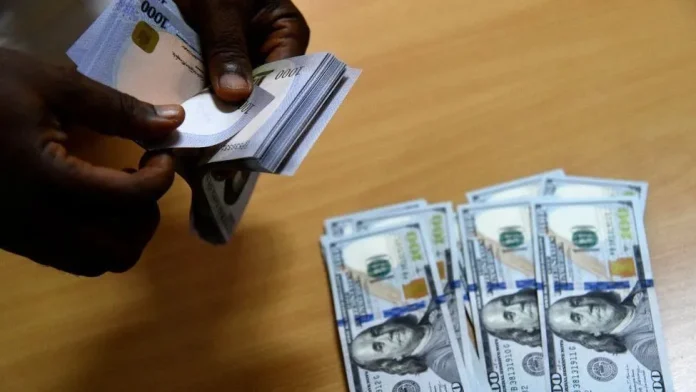Bureau de Change (BDC) operators in Nigeria express optimism about the Naira’s future in 2025, predicting a stronger currency as reforms in the country’s foreign exchange (forex) market take effect. They believe these changes will stabilize the currency, enhance investor confidence, and improve the efficiency of forex trading.
However, operators also voice concerns over the Central Bank of Nigeria’s (CBN) recapitalization policy, which they argue may negatively affect their operations and the overall stability of the forex market. They call for a review of the policy, warning it could drive smaller operators out of business and concentrate control in the hands of a few.
CBN’s Recapitalization Policy and Its Impact
In May 2024, the CBN introduces a recapitalization policy requiring Tier-1 BDC operators to raise their minimum capital to N2 billion, while Tier-2 operators must meet a threshold of N500 million. The CBN states that the policy aims to strengthen the financial health of the sector, curb illegal forex trading, and align the industry with global best practices.
BDC operators support the CBN’s efforts to clean up the sector but point out that the high capital requirements pose serious challenges, particularly for smaller operators. One operator says, “The new policy is a double-edged sword. It could create a more resilient sector, but it threatens to marginalize smaller players who are essential in providing forex access at the grassroots level.”
Aminu Gwadebe, President of the Association of Bureau De Change Operators of Nigeria (ABCON), comments, “With the current reforms, increased investor confidence, and improvements in diaspora remittances, Nigeria could see a stronger Naira in 2025. If regulators maintain momentum, we may see an end to Naira volatility.”
Concerns Over Bank Implementation of CBN Directives
Gwadebe also addresses the challenges surrounding the CBN’s $25,000 weekly forex purchase limit for BDC operators, introduced in December 2024 and set to end in January 2025. He explains that the policy has faced significant difficulties in implementation, largely due to reluctance from commercial banks.
“The banks are hesitant to fully implement the CBN’s directives, which has hindered the policy’s success. As the deadline approaches, I’m unsure if any BDC operator is accessing this window,” Gwadebe says. He calls for an extension of the policy to improve efficiency and ensure stability in the forex market, stressing the need for liquidity in the retail forex market to reduce volatility.
The Challenge of Recapitalization
The recapitalization policy remains a major concern for many BDC operators. The increase in capital requirements to N2 billion for Tier-1 operators and N500 million for Tier-2 operators is seen as a significant challenge. Gwadebe explains, “The recapitalization policy is a huge obstacle. We are encouraging mergers among our members to avoid widespread closures. N2 billion is a large amount, and this policy could push many operators out of business.”
Ibrahim Gambo, a BDC operator in Abuja, adds, “This policy could destabilize the forex market and weaken the Naira, which contradicts the CBN’s goals. N500 million is not a small amount for many of us.”
Despite these challenges, operators find some relief in the CBN’s decision to waive annual renewal fees for BDCs in 2025, given the financial struggles of operators. Additionally, the CBN extends the deadline for license renewal from December 2024 to June 3, 2025.
Maintaining Liquidity and Market Confidence
On the importance of liquidity and market confidence, Gwadebe says, “The Nigerian government doesn’t buy dollars directly; it’s based on earnings. For BDCs and banks, it’s about stabilizing the exchange rate and ensuring liquidity and confidence in the market.”
Other BDC operators in Abuja share similar concerns, emphasizing that maintaining liquidity is key to preventing volatility and boosting market confidence.
In response to operators’ concerns about banks’ reluctance to implement the CBN’s directives, an anonymous CBN official states that the bank is unaware of these issues and urges operators to file formal complaints for appropriate action. He notes that the CBN may consider extending the policy, but no guarantees are made.













